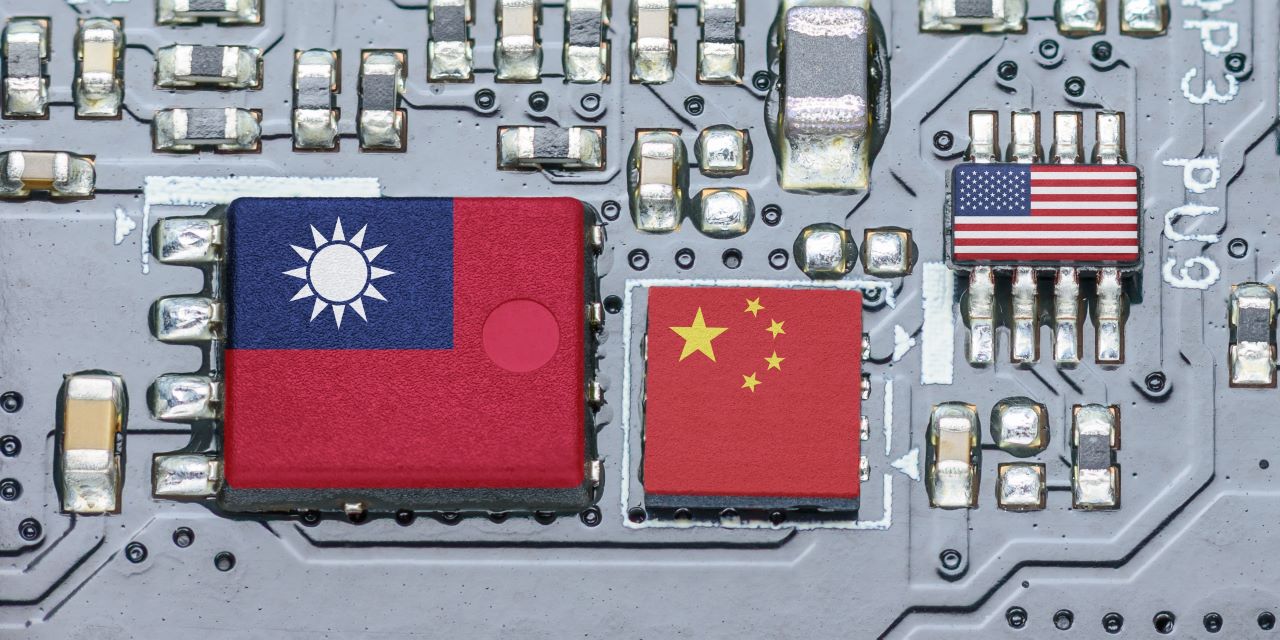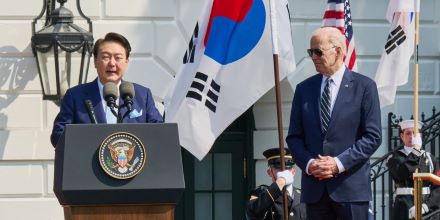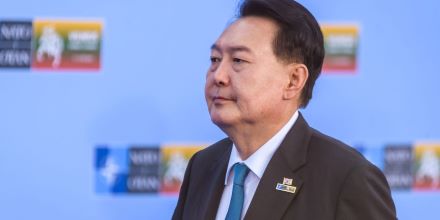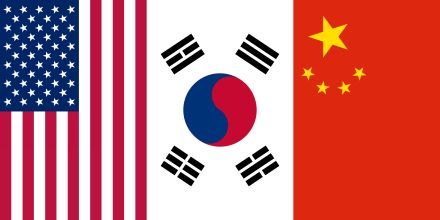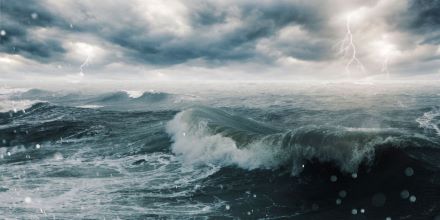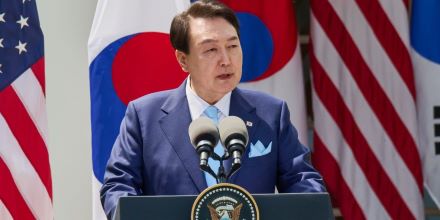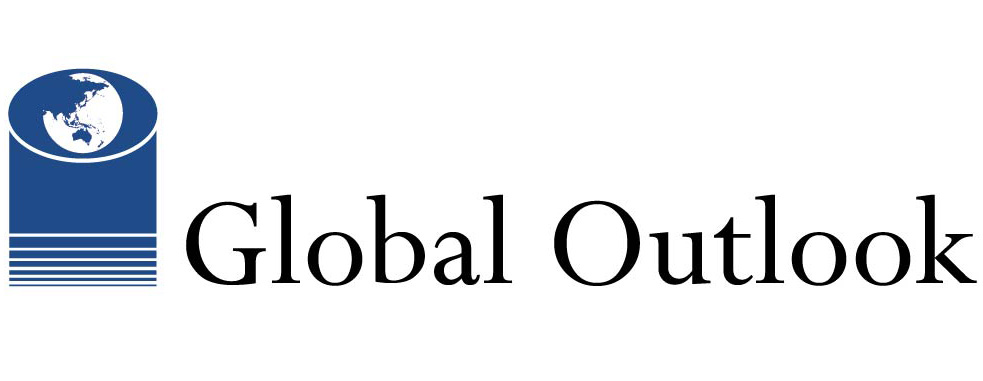
Curated expert opinion on intractable contemporary issues
Global Outlook: Peace and Security in Northeast Asia
Floating in Uncertain Waters: Northeast Asian Outlook January–March 2024
By Hugh Miall | 30 March, 2024
Since the San Francisco summit between President Biden and President Xi on November 2023, US–China relations have at least stopped deteriorating. The summit seems to have fulfilled at least the minimal hopes that were pinned on it.
To see the full list of Global Outlook articles, click here
There’s More to Security than Deterrence
By Chung-in Moon | 27 February, 2024
The search for strategic stability on the Korean Peninsula requires us to devise methods of deterrence that are capable of minimizing the interminable cycle of the security dilemma.
Yoon’s Talk of “Anti-State Forces” and an End-of-War Declaration for Korea
By Chung-in Moon | 25 August, 2023
Is there any reason to think that off-the-cuff remarks about “anti-state forces” will actually contribute to a national security policy based on a national consensus?
Alliance with the US Constrains Strategic Autonomy: South Korean Expert
By Wang Wenwen | 16 August, 2023
In an interview with Global Times, Chung-in Moon talks about China-South Korea relations, South Korea's alliance with the US and strategic autonomy, and its role in preserving regional stability.
Northeast Asia Prospects after the G7: High Winds, Choppy Waters and Even Dangerous Storms
By Hugh Miall | 20 June, 2023
Tensions remain high in Northeast Asia following the G7 summit, which asserted the principles of the US-led order rather than seeking to accommodate the conflicting interests and orders in the region.
Does Yoon’s Year of Values Diplomacy Deserve a Passing Grade?
By Chung-in Moon | 31 May, 2023
If Yoon continues to struggle to find a sensible balance between values and the national interest and to open a new horizon for crisis management and preventive diplomacy, his national security policy and foreign policy seem doomed to fail.
The views and opinions expressed in Global Outlook are those of the authors and do not necessarily reflect the official policy or position of Toda Peace Institute.
Floating in Uncertain Waters: Northeast Asian Outlook January–March 2024
By Hugh Miall | 30 March, 2024
Since the San Francisco summit between President Biden and President Xi on November 2023, US–China relations have at least stopped deteriorating. The summit seems to have fulfilled at least the minimal hopes that were pinned on it.
To see the full list of Global Outlook articles, click here
There’s More to Security than Deterrence
By Chung-in Moon | 27 February, 2024
The search for strategic stability on the Korean Peninsula requires us to devise methods of deterrence that are capable of minimizing the interminable cycle of the security dilemma.
Yoon’s Talk of “Anti-State Forces” and an End-of-War Declaration for Korea
By Chung-in Moon | 25 August, 2023
Is there any reason to think that off-the-cuff remarks about “anti-state forces” will actually contribute to a national security policy based on a national consensus?
Alliance with the US Constrains Strategic Autonomy: South Korean Expert
By Wang Wenwen | 16 August, 2023
In an interview with Global Times, Chung-in Moon talks about China-South Korea relations, South Korea's alliance with the US and strategic autonomy, and its role in preserving regional stability.
Northeast Asia Prospects after the G7: High Winds, Choppy Waters and Even Dangerous Storms
By Hugh Miall | 20 June, 2023
Tensions remain high in Northeast Asia following the G7 summit, which asserted the principles of the US-led order rather than seeking to accommodate the conflicting interests and orders in the region.
Does Yoon’s Year of Values Diplomacy Deserve a Passing Grade?
By Chung-in Moon | 31 May, 2023
If Yoon continues to struggle to find a sensible balance between values and the national interest and to open a new horizon for crisis management and preventive diplomacy, his national security policy and foreign policy seem doomed to fail.
The views and opinions expressed in Global Outlook are those of the authors and do not necessarily reflect the official policy or position of Toda Peace Institute.
